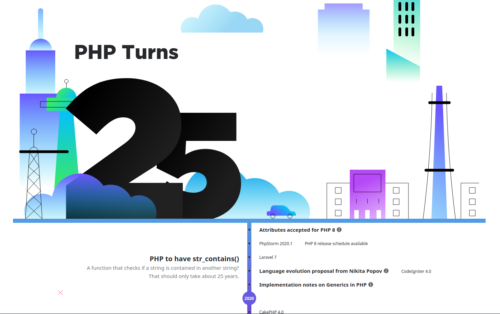Over the last couple of months I’ve been really fascinated with Notion. It has really grown, improved and matured!
If you are not familiar with Notion, let me tell you about it. Like many cool things, it’s difficult to describe in one sentence. So here are a few.
Think of content management systems, like WordPress or your favorite wiki. Now, think of only the good parts of that. Now, add the ability to easily create and manage basic database tables. Now add templates. Now add some basic automation to it. Now add API. Now add collaboration. Now, once again, think of the good parts of all that. And that’s what you have – Notion!
Once you imagine all that, probably, the first and most important question you’d ask is: What do I use it for?
The simple answer is – pretty much for everything. But you’ll have to figure it out yourself. Same things will and will not work for different people, because we are all different.
Here are a few things that I either have done already or still playing with in Notion:
- CRM. Our company CRM was getting outdated pretty fast and we were looking for an alternative for a while now. Notion came along, and we tried to adopt it for this particular need. It took me around a week to build up all the tables, templates, and automation scripts, and then another 2-3 weeks to prepare, cleanup, migrate, and enrich the data. The result is not perfect, but it is significantly better than what we had. And we have space to grow and improve. Our old CRM has now been in read-only mode for a couple of month, and we are checking it less and less. I’m pretty confident it will soon be decomissioned.
- Personal Journal. Not to be confused with the blog, although there’s a huge overlap. For my rare and occasional blogging, I still prefer and will use this WordPress. But for more private things, Notion does it really well. My personal journal includes a whole lot of things like notes, habbits, lessons learned, and even affirmations – something that I’ve learned from other people’s templates.
- Weight Track. In preparation for the yet another sailing regatta, I started tracking my own weight and exercise. This works particularly well with goals and milestones.
- Personal Finance. Over the decades, I’ve probably tried a gadzillion personal finance applications, tools, and approaches. In Notion, I’ve built the one that works for me. And it only took me a few hours of clicking around, while figuring out how to convert between accounting and databases (spoiler: it’s easier than you think).
- Quick Notes. Again, one of those areas where I shift from tool to another tool after a few years. My latest choice was Google Keep. It turns out, I can build a better (for me) version of Google Keep in Notion in just a few minutes. All I need to do now is import the content from my old and forgotten Evernote account (or do I really need those notes? probably not).
And that’s just me. And that’s just in the last few weeks. Other people have been using and building in Notion for a lot longer, and for their own needs.
I’m pretty sure that if you give it a try, you’ll find something that it works for really good really quick. And also you’ll keep or revert to some of your current tools and applications as a better alternative.
